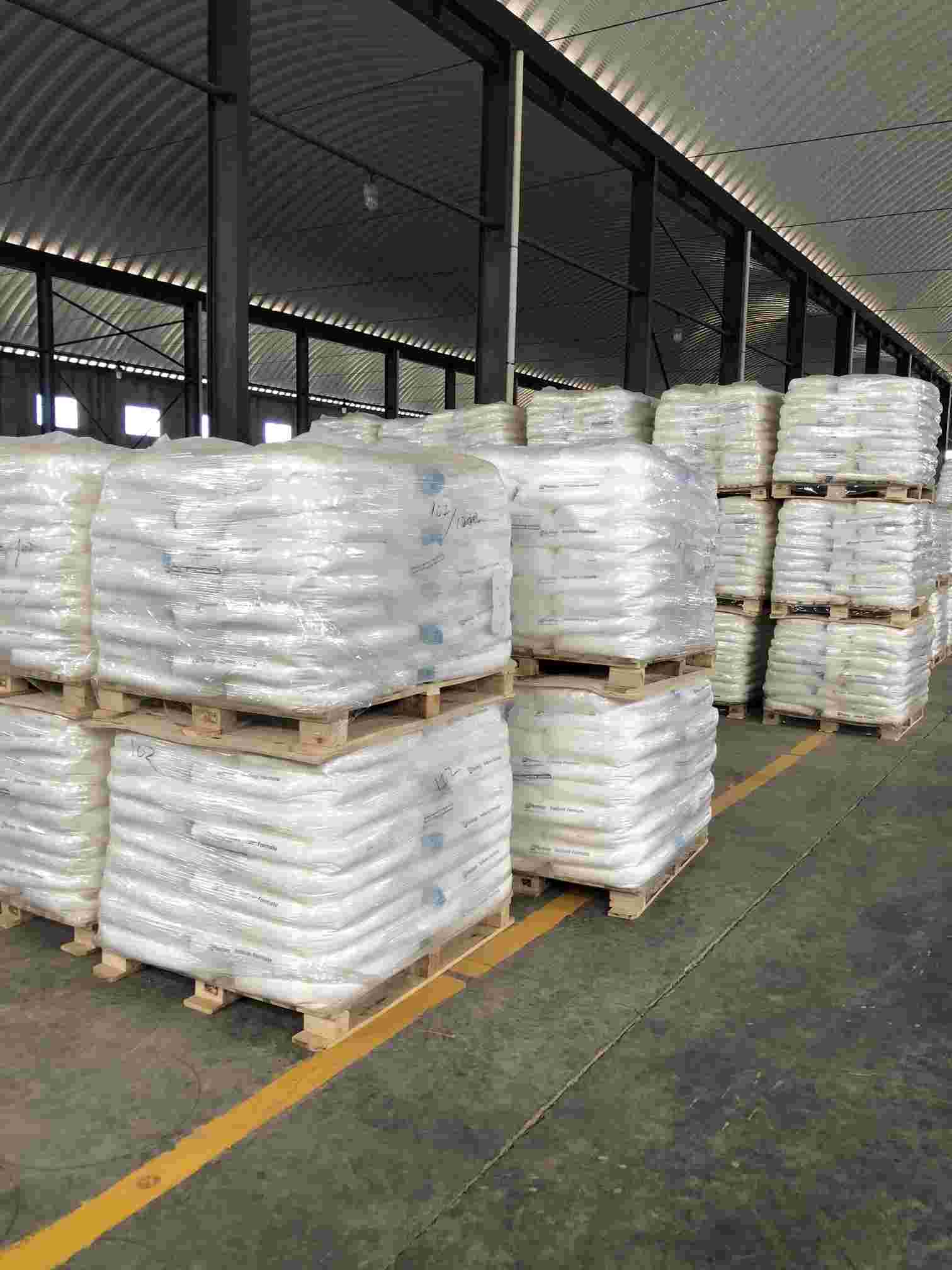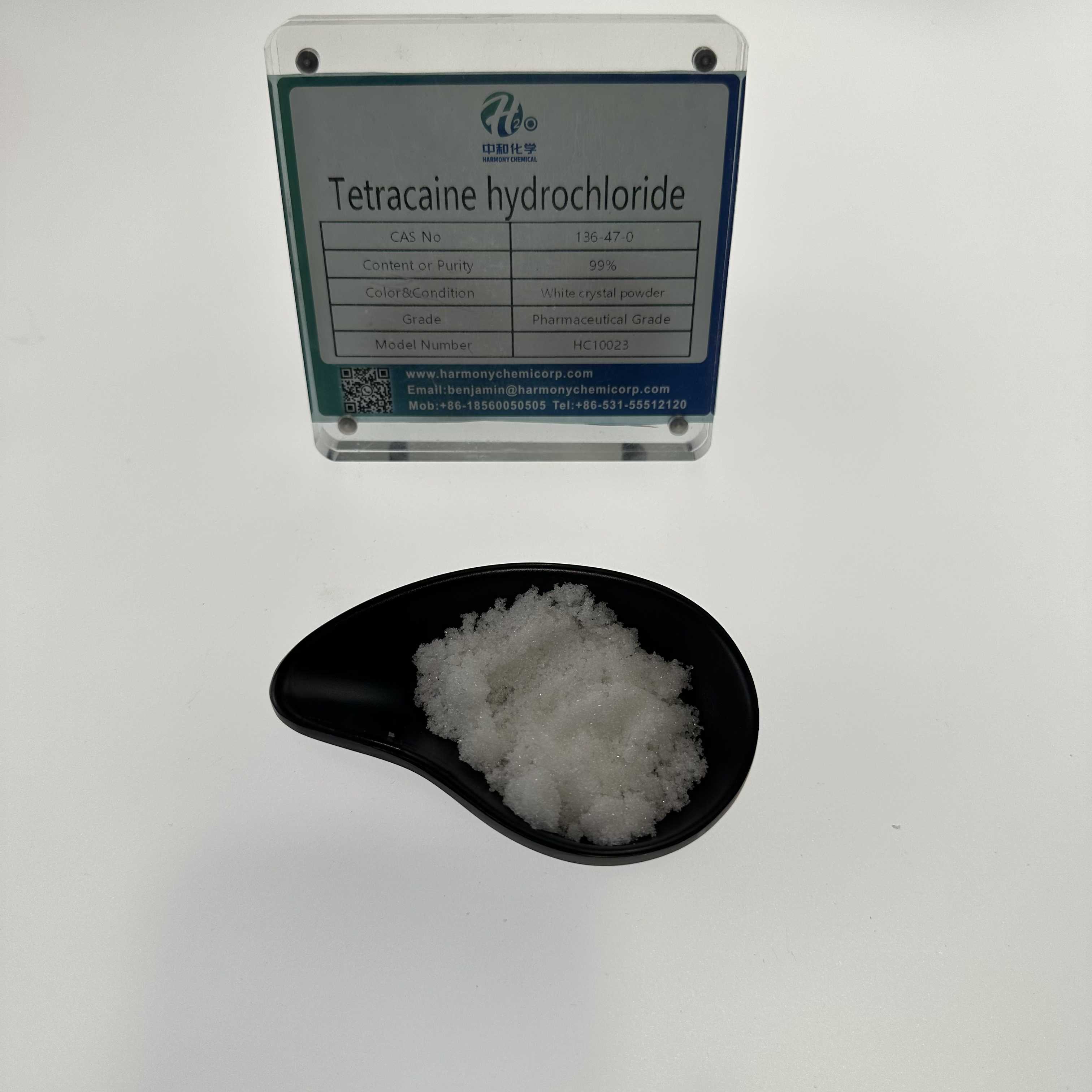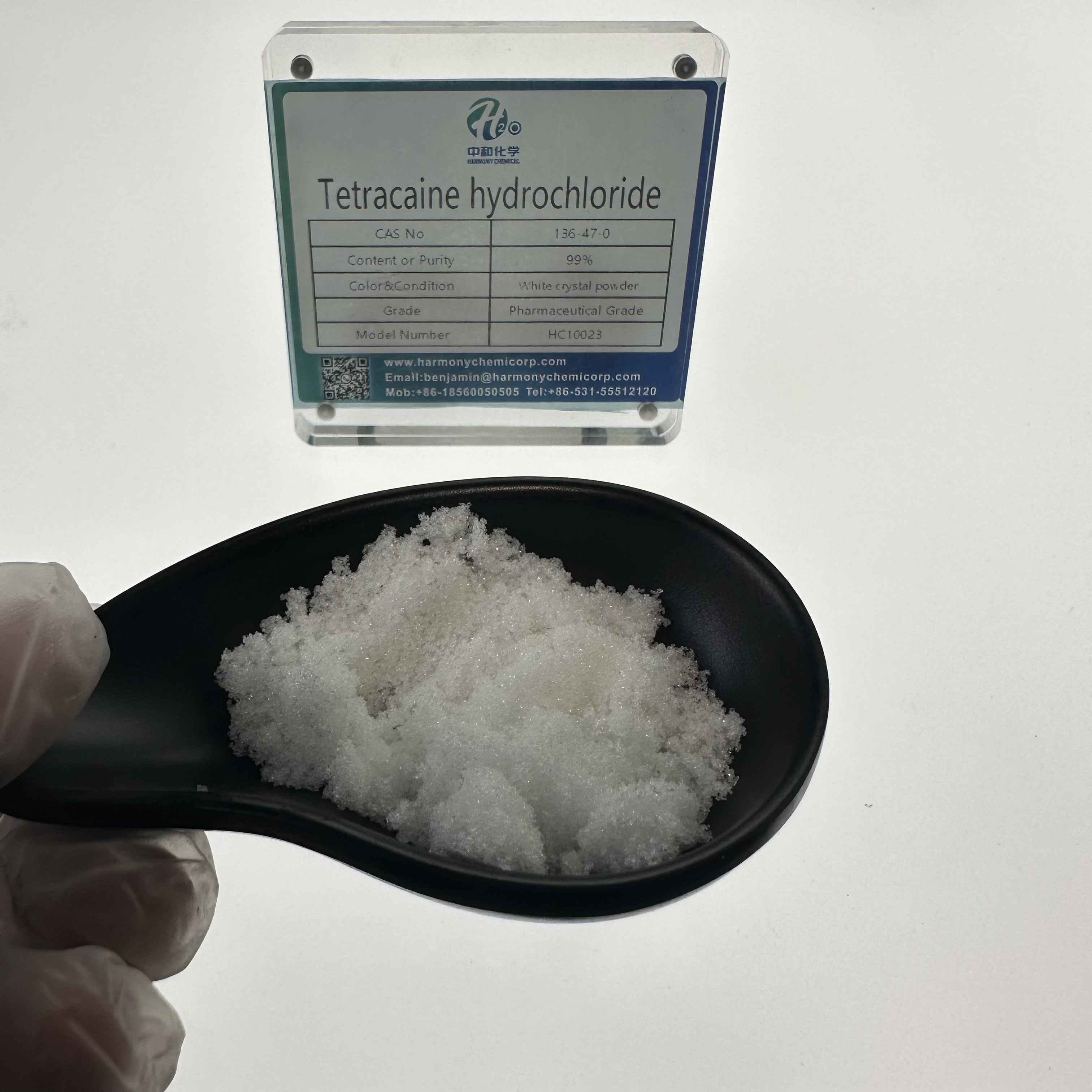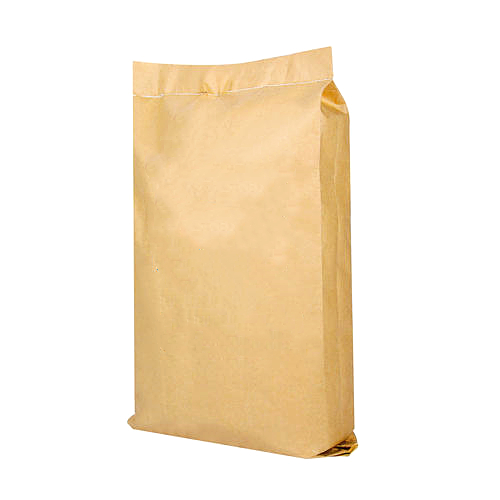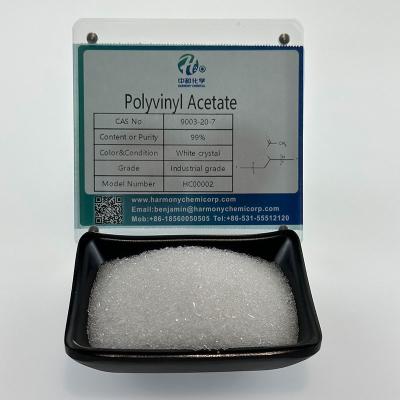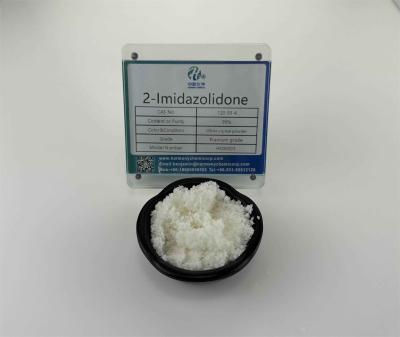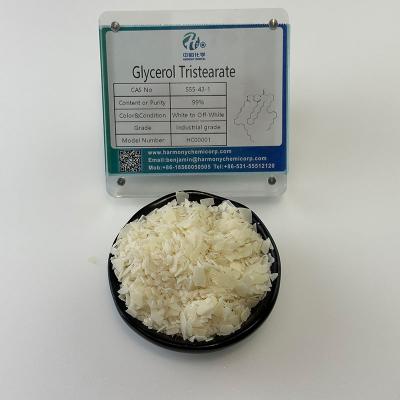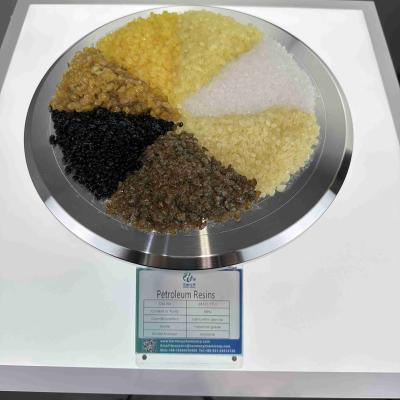Tetracaine hydrochloride
Tetracaine hydrochloride is a incredibly wonderful nearby anesthetic that can reversibly block nerve function. It is clinically used for infiltration anesthesia, nerve block anesthesia, epidural anesthesia, etc. Compared with Procaine, its nearby anesthetic impact is giant and has been extensively used in medical practice. The find out about of the current synthesis routes determined that the synthesis of the intermediate p-butylaminobenzoic acid was once the Committed step in the synthesis of tetracaine hydrochloride, which had the negative aspects of unstable uncooked substances or low yield. Scientists have accelerated this. In 1981, they proposed to synthesize p-butylaminobenzoic acid with the aid of alkylation of 4-Aminobenzoic acid and 1-bromobutane. However, due to the inevitable era of double butylation by-products and the unstable nature of uncooked materials, this route is now not appropriate for industrial production.
Tetracaine hydrochloride is used for mucosal floor anesthesia, conduction anesthesia, epidural anesthesia, and subarachnoid anesthesia; Used for ophthalmic floor anesthesia, barring constricting blood vessels, detrimental corneal epithelium, and growing intraocular pressure.
| name | Tetracaine hydrochloride |
| CAS NO | 136-47-0 |
| Molecular formula | C15H25ClN2O2 |
| melting point | 149°C |
| density | 1.1279 (rough estimate |
| Storage conditions | 2-8°C |
| solubility | alcohol: solublesoluble 40 parts of solvent |
| form | neat |
| colour | White to Almost white |
| SOLUBLE | Soluble in water at 50mg/ml |
